Detroit’s beloved homegrown soccer club, Detroit City FC (DCFC), is set to get a forever home of its own, right in the heart of the city. In a move that has die-hard fans and local families buzzing with excitement, the club has unveiled plans for a brand-new stadium in Southwest Detroit’s historic Corktown neighborhood. This future home, to be called AlumniFi Field, isn’t just another sports arena; it represents a community-driven milestone nearly a decade in the making. With a mix of neighborhood pride, sporting ambition, and a healthy dose of Detroit grit, AlumniFi Field is poised to become a local landmark when it opens for the 2027 season.
.png) Detroit City FC, Facebook
Detroit City FC, Facebook
AlumniFi Field: A New Stadium in Corktown
Artist’s rendering of the future AlumniFi Field in Corktown (looking east toward downtown Detroit). The 15,000-seat stadium will be Detroit’s only privately owned and financed professional sports venue. Its design by HOK includes modern amenities while blending into the historic neighborhood.
Detroit City FC’s new stadium will rise at the corner of Michigan Avenue and 20th Street – the site of the long-vacant Southwest Detroit Hospital in Corktown. The project carries a price tag of about $150 million and will feature 15,000 seats, more than doubling the capacity of DCFC’s current home in Hamtramck. The club aims to kick off the 2027 USL Championship season in this state-of-the-art venue, finally giving Detroit a proper soccer-specific stadium to call its own. Unlike the city’s other pro sports arenas, AlumniFi Field will be privately financed and club-owned, a point of pride that drew loud applause when announced to supporters. In fact, DCFC CEO Sean Mann, himself a longtime resident of Southwest Detroit, noted that this isn’t just a business move for the club, but “a civic endeavor to give back to the city we love”
As detailed in our earlier look at how DCFC chose HOK as the architectural partner, continuity between design and community was a guiding principle
Stadium Highlights at a Glance: (What we know so far)
-
Location: Southwest Detroit’s Corktown, at Michigan & 20th (former Southwest Detroit Hospital site), about one mile west of the old Tiger Stadium site.
-
Capacity: 15,000 seats (about double the size of Keyworth Stadium in Hamtramck).
-
Opening: Expected for spring 2027, in time for DCFC’s 2027 USL Championship season kickoff.
-
Naming Sponsor: AlumniFi – a digital banking brand by MSU Federal Credit Union – secured multi-year naming rights (after partnering as DCFC’s jersey sponsor since 2024).
-
Cost & Development: ~$150 million for the stadium, plus an additional ~$40 million planned for an adjacent 421-space parking garage, retail space (~15,000 sq. ft.), and ~70 units of affordable housing as part of a broader development.
-
Ownership: Privately owned and financed by Detroit City FC and its investors (a unique case – most pro stadiums in Detroit have relied on public funding or subsidies).
-
Design: Global architecture firm HOK (known for designs like Atlanta’s Mercedes-Benz Stadium) is leading the design, emphasizing a neighborhood-oriented look and feel.
-
Multi-Use: Besides DCFC matches, the venue is planned to host concerts, community events, and high school or college sports to serve the broader community year-round.
These highlights only scratch the surface of what this project means for Detroit. Below, we dive deeper into how a grassroots soccer club grew to make this dream a reality, and why it matters so much to folks in Metro Detroit.
From Cass Tech to Keyworth: A Grassroots Journey
Detroit City FC’s announcement of a permanent home is the culmination of a remarkable grassroots journey. For those unfamiliar, DCFC isn’t a big corporate franchise parachuted into town, it’s a club that was started by a group of friends and local soccer lovers back in 2012. In its early days, the team played on a humble high school field at Cass Tech in Detroit, with a few hundred fans in the stands. By 2016, their passionate following had outgrown Cass Tech, and the club moved to Keyworth Stadium in Hamtramck, a 1930s-era stadium that fans helped renovate through a community investment campaign. Keyworth has been DCFC’s beloved home for nine seasons, with crowds of supporters (the Northern Guard, as the most die-hard are known) packing its 7,000 seats on match days.
Over the years, DCFC has slowly and organically built something special. The club climbed the ranks of American soccer leagues and even added a women’s team, always with a focus on its fans and its Detroit identity. The atmosphere at Keyworth games is famously electric: smoke bombs, cheering families and hardcore supporters singing in unison, local food vendors serving up coney dogs and tamales, it’s a uniquely Detroit scene. This strong community support is what propelled DCFC from a small amateur team into a professional club vying for a larger stage. As team captain Stephen Carroll (who joined in 2017) suggested, the new stadium is the next logical step, one that can inspire a new generation of Detroit soccer players and fans for decades to come. For longtime players and supporters, AlumniFi Field isn’t just a new building, it’s a symbol of how far the club has come and where it’s headed next.
“This has been one of our biggest milestones for us. The long-term vision, we needed a forever home for the club,” Sean Mann said of finally getting this project off the ground. Indeed, having a permanent, club-controlled stadium will secure DCFC’s future in a way that renting old venues never could. It means more scheduling flexibility, potential revenue from bigger events, and an ability to shape the game-day experience (and community use) exactly how the club and its fans envision. Given that a group of friends with a few thousand bucks started this club just 10 years ago, seeing a $150 million, 15,000-seat stadium on the horizon is a proud and emotional moment for everyone who’s been along for the ride.
.png) Detroit City FC, Facebook
Detroit City FC, Facebook
Building in the Heart of Southwest Detroit
One of the most exciting aspects of AlumniFi Field is its location and what it means for the community. The stadium will be built on an 11-acre site that most locals know as the old Southwest Detroit Hospital property, a hulking vacant building that had sat abandoned for nearly 20 years. (For context, the hospital closed in 1991 and the building was unused after 2007, becoming an eyesore and symbol of urban blight.) Now, that same plot of land is set to transform into a vibrant hub of activity. Replacing a long-vacant hospital with a soccer stadium, affordable housing, and shops is more than just a construction project; it’s a powerful example of Detroit’s ongoing resurgence. Councilmember Gabriela Santiago-Romero, who represents the area, noted at the unveiling that this development is deeply personal to her as someone who grew up playing soccer in Southwest Detroit parks, a reminder that for the locals, this is about community pride as much as sports.
Crucially, AlumniFi Field is being designed not as a standalone fortress, but as a piece of the neighborhood fabric. The architects at HOK and DCFC’s owners envision a stadium that bridges Corktown and Mexicantown, two historic neighborhoods that sit on either side of the site. In practice, this means the stadium’s entrances, plazas and proposed retail will face outward to the surrounding streets, inviting neighbors and visitors in even on non-game days. “Our goal is to do a stadium that’s community-oriented, neighborhood-scaled, and additive to what’s already in the neighborhood,” Sean Mann explained, emphasizing that it shouldn’t become a closed-off “dead zone” when matches aren’t happening. We can likely expect things like street-level shops, maybe cafés or a team store, and public spaces that can be used for community gatherings. Mann has mentioned ideas such as bars, restaurants and year-round retail along 20th Street, essentially turning that stretch into a lively corridor connecting Michigan Avenue to the Mexican Village area on Vernor Highway. This is a big deal for local residents: rather than a stadium that’s only alive on game nights, it could become an everyday asset to the neighborhood.
Another point of local pride: no public money is directly funding construction of the stadium, a sharp contrast to some other recent sports venues in Detroit. AlumniFi Field will be the city’s only privately owned pro sports stadium, funded by the club, its investors, and sponsors. (For example, Little Caesars Arena for the Red Wings and Pistons was built with significant tax subsidies, something not lost on Detroiters.) In fact, when Mann announced the private-financing plan at DCFC’s fan event, the crowd’s cheer said it all. That said, the city is still playing a supportive role in facilitating the project: Detroit’s City Council approved a brownfield redevelopment plan in May that will reimburse the club up to $5.9 million for cleaning up and demolishing the old hospital site. Essentially, any new property tax generated by the stadium over the next 21 years can be used to offset those remediation costs, a sensible trade-off that helps the club handle the expensive site prep, while ensuring the stadium will eventually contribute tax revenue and pay its own way. And before construction begins, there’s a city-mandated Community Benefits process underway, meaning local residents get to weigh in on issues like traffic, parking, jobs, and other impacts of the development. All of this underscores that AlumniFi Field is being built with the community, not just in the community.
Physically, the construction is expected to kick off by late 2025, but not before some Herculean prep work. Just to demolish the old hospital, work crews had to pump out over 1 million gallons of water from its flooded basement! Demolition is slated for the fall of 2025, clearing the way for the stadium’s foundation to be laid. The site itself presents some challenges: it’s wedged in a tight spot bounded by highways and train tracks, which means the stadium’s design will be a bit more vertical than a sprawling suburban complex. But for fans, a taller, compact stadium is great news, it means seating can be steep and close to the action, creating an electric atmosphere where you’re right on top of the field. And as any DCFC supporter will tell you, that intimate, loud environment is part of what makes their matches special.
We chronicled the early efforts around acquiring and preparing the site in our article on how DCFC plans to demolish the former hospital to make room for this long-awaited venue
More Than a Game: A Community Hub for Detroit
AlumniFi Field isn’t just about soccer; it’s poised to be a multi-purpose community hub. The plans call for the venue to host a variety of events beyond DCFC’s roughly 17 home matches a year. We’re talking concerts under the stars, cultural festivals, high school championship games, college soccer tournaments, and more. With a 15,000-seat capacity, the stadium fills a size gap in Detroit’s event venues: smaller than downtown’s pro arenas but much larger than your typical high school field. That makes it ideal for events that are too big for a school gym but not quite large enough for a 40,000-seat stadium. Imagine local high school soccer finals getting a proper stage, or Detroit-area colleges facing off in a showcase match right in the city. Community organizers could host outdoor movie nights, neighborhood graduations, or semi-pro sports events. In short, the goal is for AlumniFi Field to buzz with activity even in the offseason.
The club’s partnership with AlumniFi, the stadium’s namesake sponsor, also brings a community-minded boost. AlumniFi is a digital banking initiative by MSU Federal Credit Union aimed at young adults and recent grads, and they’ve been visibly excited to deepen their roots in Detroit through this project. “This partnership is about more than a stadium; it’s a commitment toward a brighter, stronger Detroit,” said April Clobes, AlumniFi’s President and CEO. She highlighted that AlumniFi plans to support financial education, local initiatives, and community programs in Detroit as part of their collaboration. In practical terms, fans can likely expect some cool perks: at the unveiling, AlumniFi announced special fan experiences and even a DCFC-branded credit card for members of the credit union. It’s refreshing to see a corporate sponsor emphasize community impact over just slapping a name on the building. In many ways, AlumniFi Field’s story fits the spirit of DCFC itself: local, scrappy, and community-driven. Both the club and the sponsor are treating this stadium as more than just bricks and mortar, but as a place to invest in people.
And speaking of people, families, and local residents stand to benefit from this development in everyday ways. For soccer fans, having a dedicated stadium means a better game-day experience: real bathrooms (farewell, porta-potties of the past!), more food options, easier parking, and maybe even a kids’ play zone or team museum on site. Parents can feel more comfortable bringing the little ones to a modern facility, and you might even make a whole day of it: grab lunch at a Corktown restaurant, catch a DCFC afternoon match, and stick around for post-game music or entertainment in the plaza. The club has always prided itself on being family-friendly despite its rowdy supporter section; you’ll see strollers and youth teams in the stands alongside the chanting superfans. AlumniFi Field will only enhance that inclusive atmosphere with better accessibility and amenities for all ages.
Neighborhood businesses are also gearing up for a boost. Corktown and Mexicantown are already popular destinations for food and culture, and a stadium that draws thousands regularly can mean more foot traffic to local shops, restaurants, and bars. DCFC has historically worked with local vendors (selling Detroit-made hot sauce, local craft beer, etc., at games), so we can expect that tradition to continue and even expand in the new venue. This could be a welcome economic jolt to the area, while also showcasing the flavors of Detroit to visiting fans. In essence, AlumniFi Field is positioned to be a win for the whole community: a place to enjoy sport, yes, but also a catalyst for small business and a gathering spot celebrating Detroit’s diverse culture.
 Detroit City FC, Facebook
Detroit City FC, Facebook
Timeline: When Can We Cheer at AlumniFi Field?
So, when does all this become reality? Mark your calendars for spring 2027. That’s the target for Detroit City FC to play its first match at AlumniFi Field. Here’s the road from now to opening day:
-
Late 2025: Construction is slated to begin, once the old hospital is demolished and final city approvals are in place. Groundbreaking could happen toward the end of 2025, kicking off roughly 18-20 months of building work.
-
2026: Throughout the year, the stadium structure will rise. Expect to see the grandstands, the roof, and the brick-and-steel facade taking shape as crews work through next summer. (If you drive by Michigan and 20th, you won’t miss the cranes!) The adjacent developments, parking deck, retail units, and housing, will likely be built in parallel or shortly after the stadium itself.
-
Early 2027: Final touches go in, the lush green pitch (perhaps laid down as sod in spring 2027), seats, scoreboards, locker rooms, and those signature DCFC decorations (no doubt the club’s crest and colors will be everywhere). The club will run safety tests and maybe even a soft-opening event.
-
Spring 2027 Opening: The first DCFC home game at AlumniFi Field! The USL Championship season typically starts in March/April. Fans will finally pass through the turnstiles of their new home, perhaps with tears of joy in their eyes. Expect a rocking sellout crowd of 15,000 singing “Come and get it” (the team’s anthem) at the top of their lungs, christening a new chapter in Detroit sports history.
The excitement is already building, even though 2027 might feel a ways off. Ticket deposits for the 2027 season open on Aug. 26, 2025, giving supporters a chance to reserve their spot in the new digs well in advance. If the early interest is any indication, AlumniFi Field is going to be the hot ticket in town once it opens. (For context, Keyworth Stadium often sold out big games despite its smaller size, so with double the capacity, DCFC hopes to welcome even more fans while still keeping that intimate, high-energy environment.) The club has set up a new website at AlumniFiField.com with information and a slick look at the renderings, so fans can stay updated as the project moves along.
Whether you're planning a pre-game meal before cheering at DCFC’s new home or exploring Corktown afterward, our neighborhood dining guide highlights
In a city that cherishes both its sports teams and its community spirit, AlumniFi Field is a shining example of what makes Detroit special. It’s not just about building a soccer stadium; it’s about believing in Detroit’s future. A once-abandoned corner of Corktown is on its way to becoming a bustling gathering place for friends and neighbors on Saturday nights. A scrappy football club that started with a few hundred people will soon welcome thousands through its gates. And a local community that has supported DCFC every step of the way will finally get to say, “This is our home.”
As we look forward to 2027 and imagine those first cheers echoing off the brick walls of AlumniFi Field, one thing is clear: Detroit City FC’s next chapter is more than just a sports story, it’s a Detroit story. It’s about growth, resilience, and the power of community coming together to achieve something once thought improbable. Whether you’re a soccer fan, a Corktown resident, or just someone who loves seeing Detroit shine, keep an eye on this development; it’s going to be a game-changer.
Curious about how new projects like AlumniFi Field might enhance life in Detroit’s neighborhoods? Thinking about finding your place in our city’s ongoing revival? The Perna Team is here to help. As lifelong Metro Detroiters and local real estate experts, we love sharing insights on what’s happening around town, from exciting developments to the best places to call home. Don’t hesitate to reach out to us for a friendly chat or personalized advice. Whether you’re looking to buy, sell, or just learn more about Detroit’s communities, we’re your neighbors and your trusted local resource. Feel free to contact The Perna Team anytime, and who knows, maybe we’ll see you at a Detroit City FC match in 2027, cheering on our city together!
DON'T KEEP US A SECRET - SHARE WITH A FRIEND OR ON SOCIAL MEDIA!
THINKING OF MOVING TO Metro Detroit, OR LOOKING TO RELOCATE IN THE AREA? VIEW A LIST OF CURRENT HOMES FOR SALE BELOW.
Metro Detroit Homes for Sale
The Perna Team and Michael Perna are the best real estate agents in Metro Detroit and Ann Arbor. The Perna Team and Michael Perna have been hired as a real estate agent by hundreds of home owners to sell their homes in Metro Detroit and Ann Arbor.
The Perna Team were steady, responsive, and genuinely supportive from beginning to end. If you're buying or selling a home anywhere in Ann Arbor, Noah is the kind of agent who shows up with professionalism, care, and your best interest at heart.
Posted by Michael Perna on
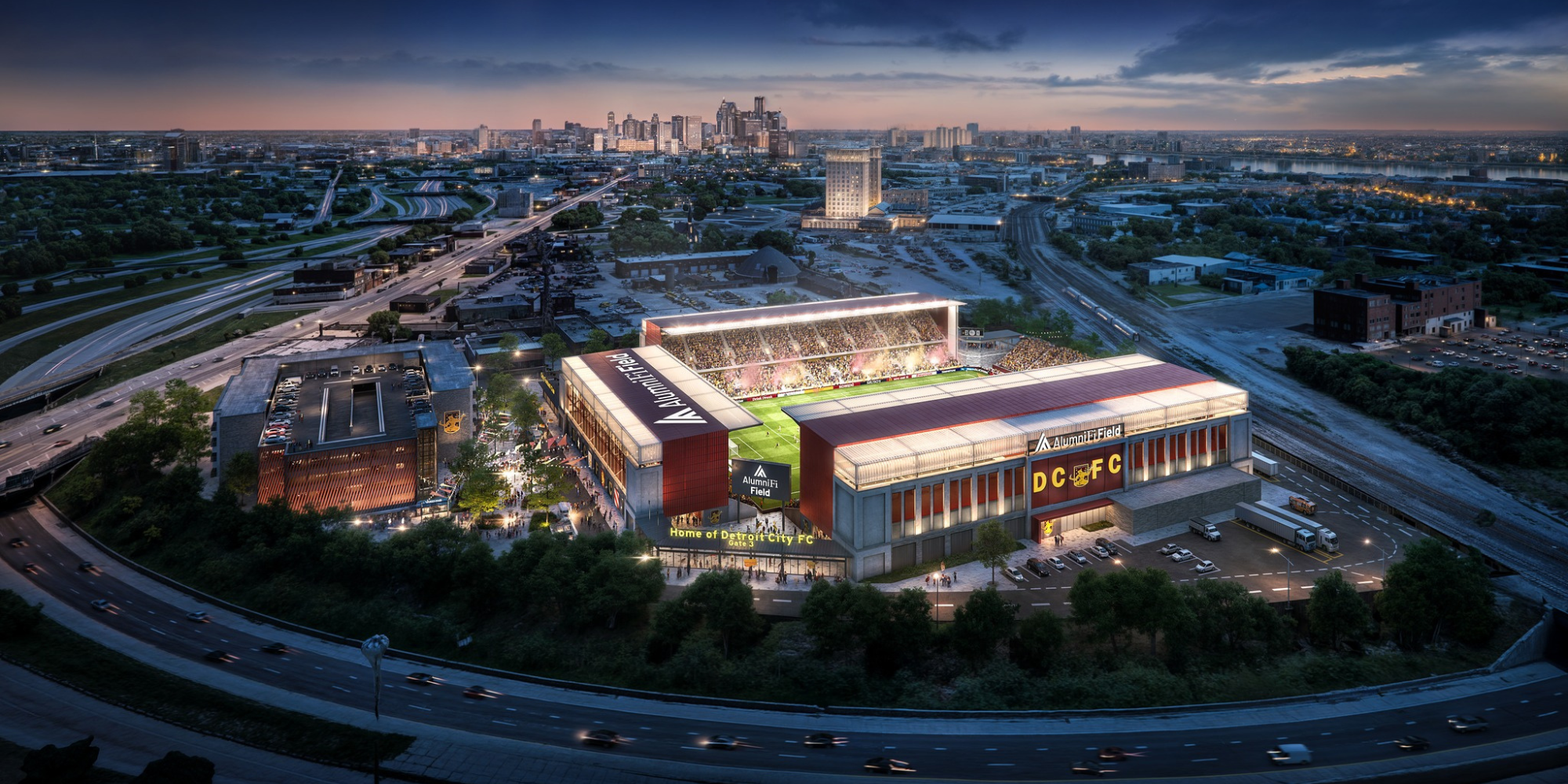



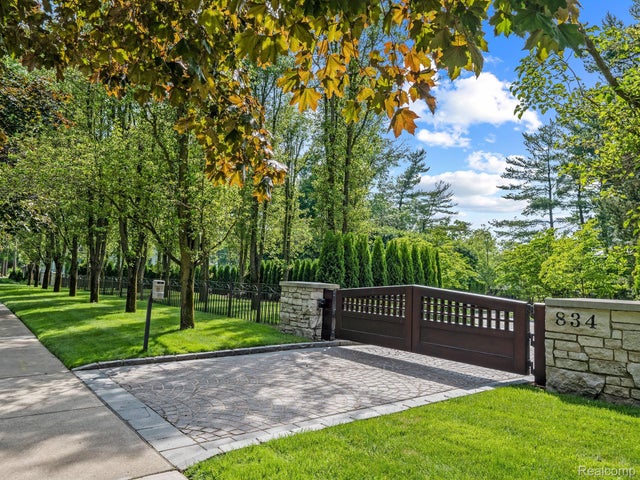
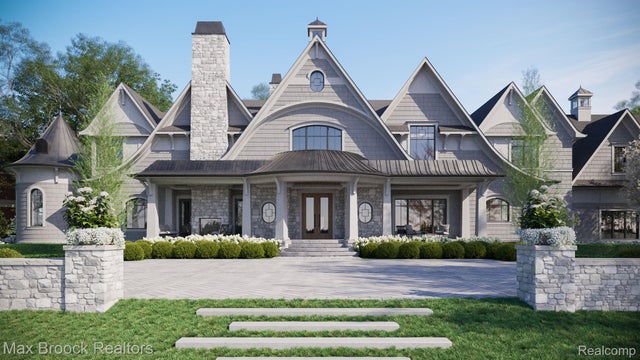
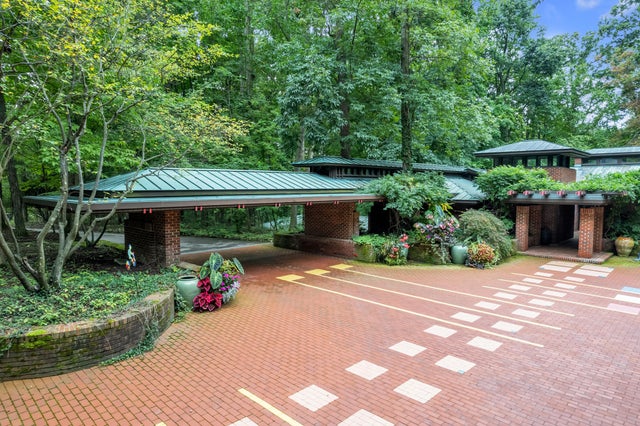
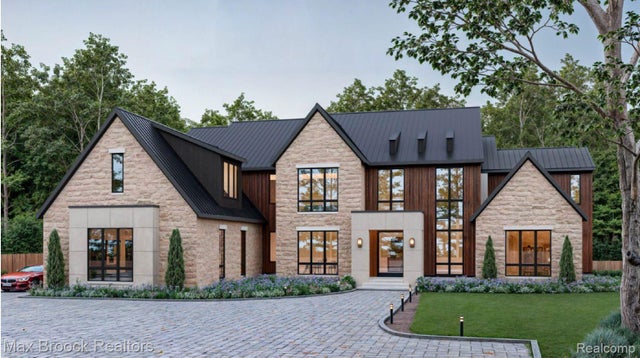
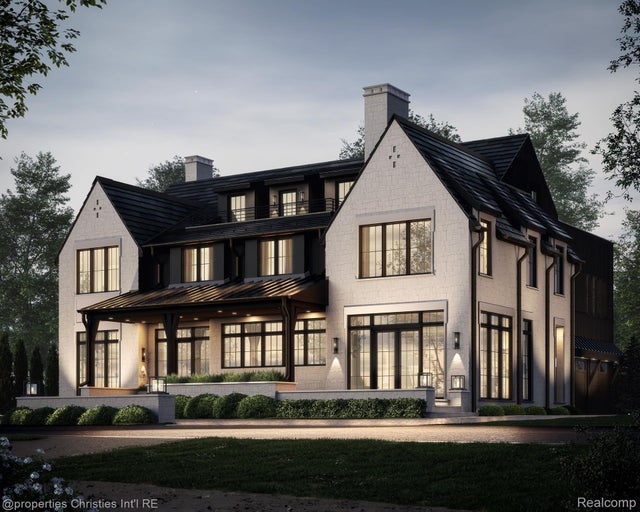
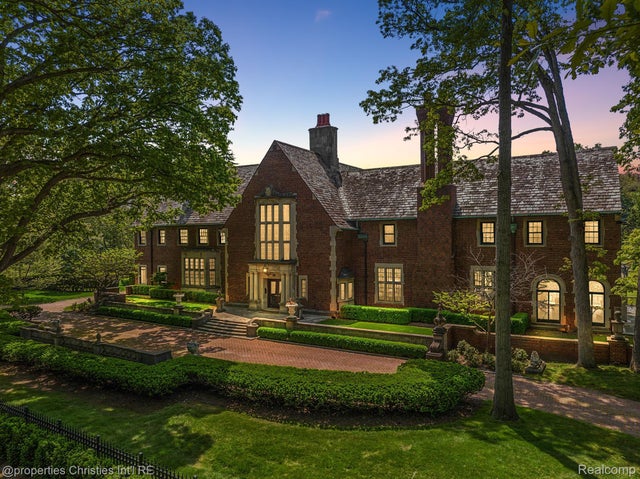

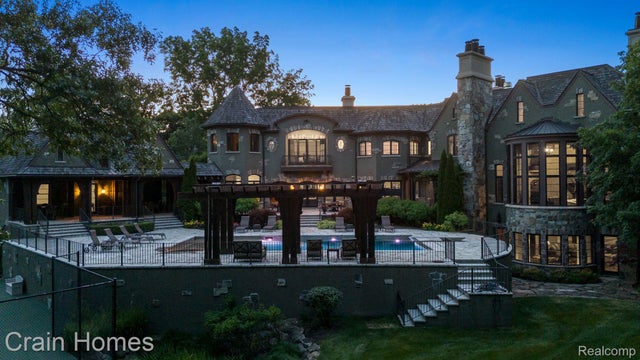
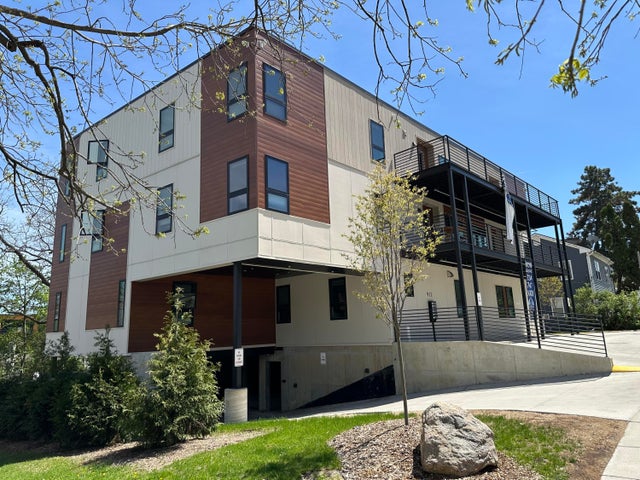
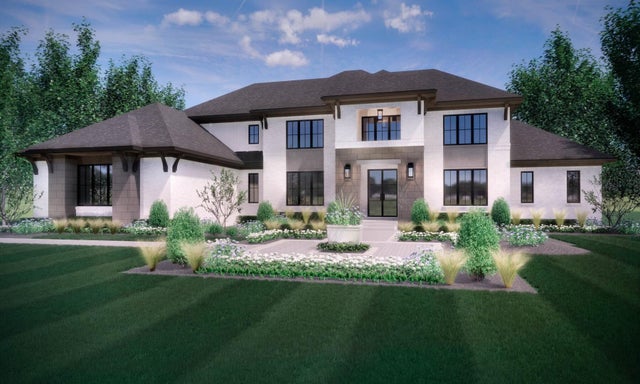
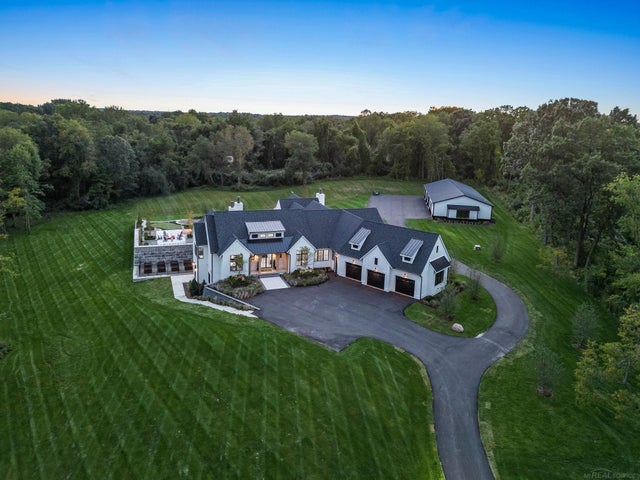
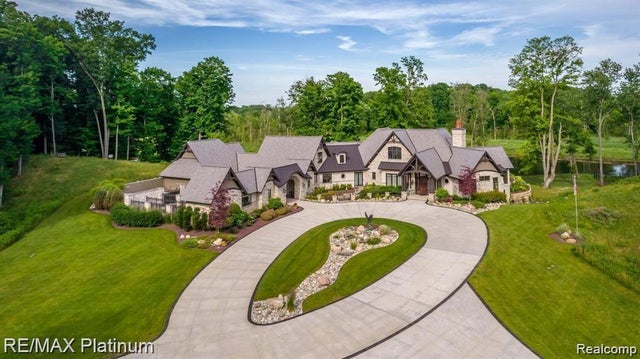
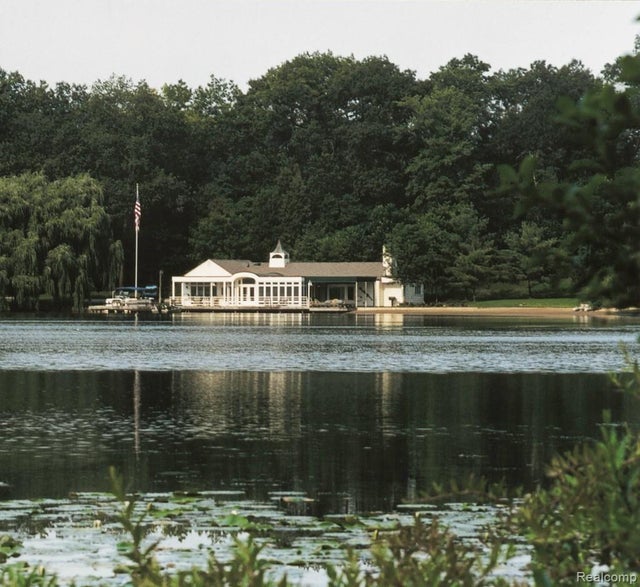
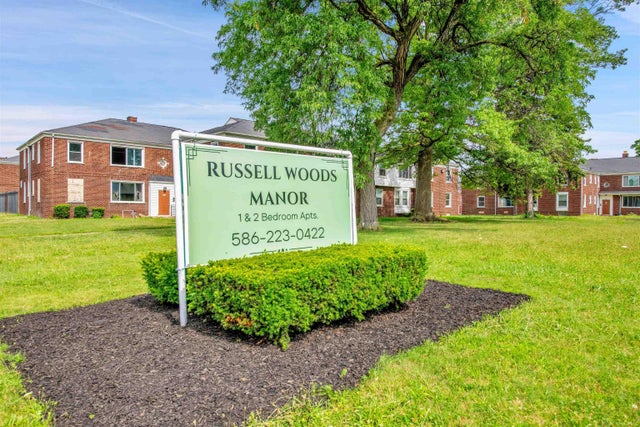
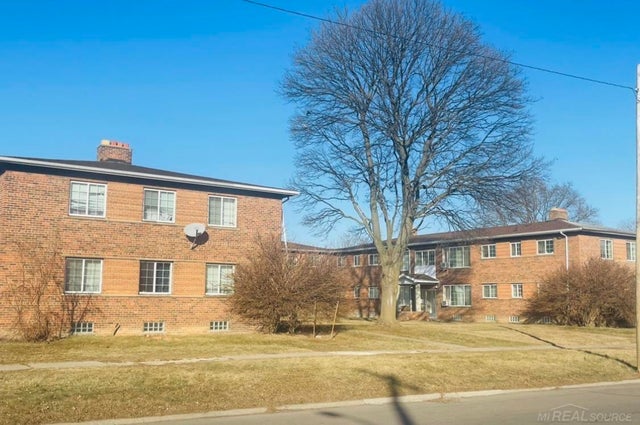

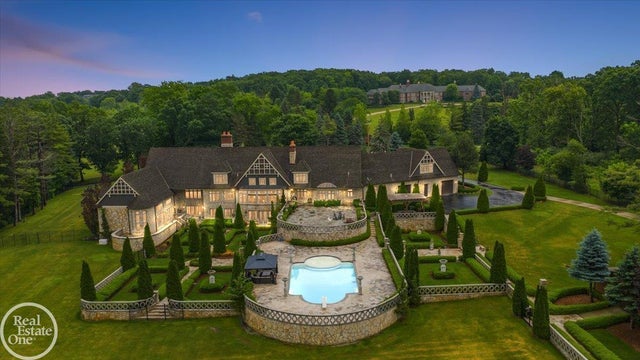
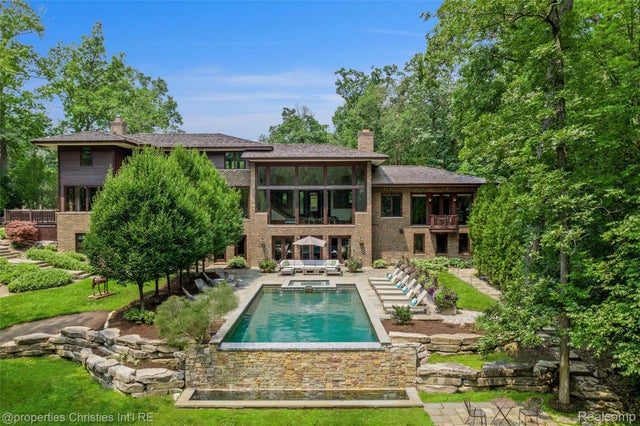
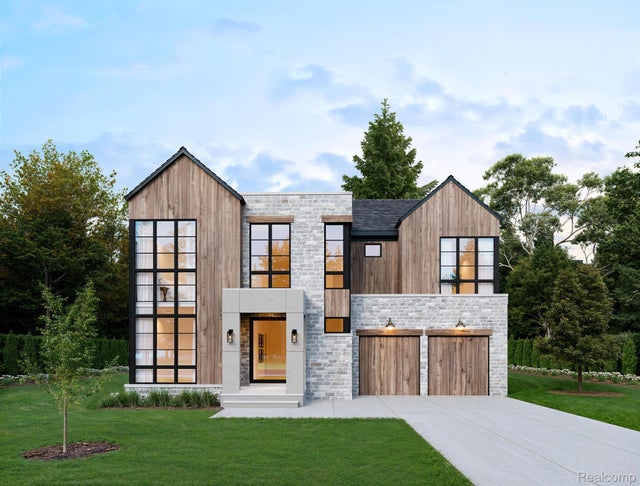
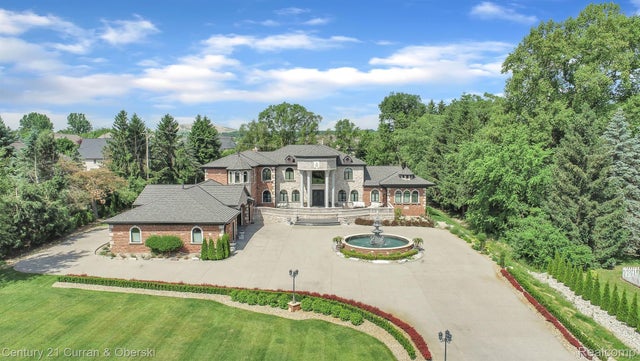
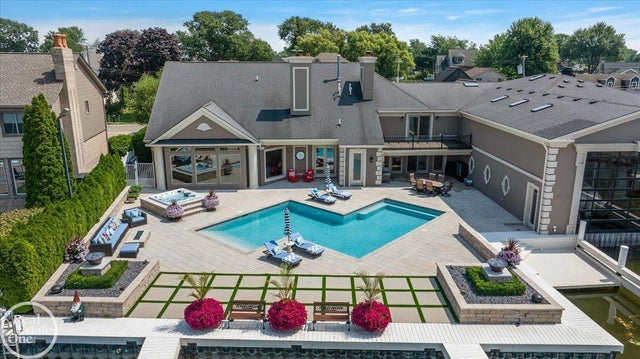
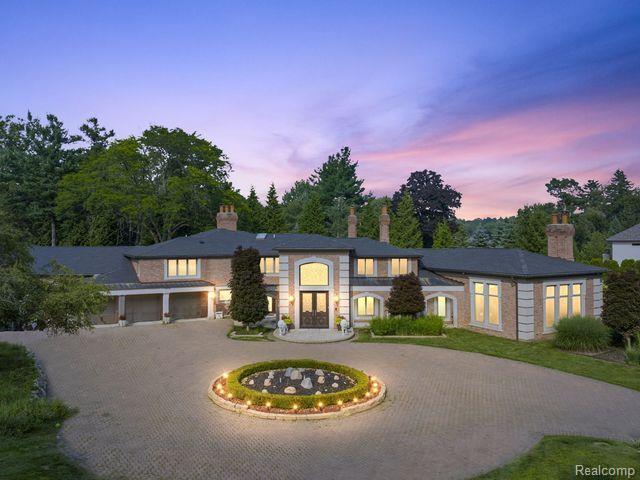

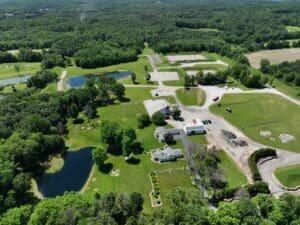
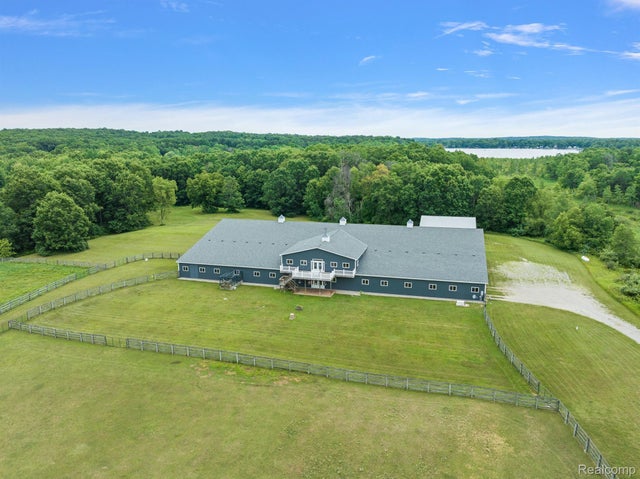
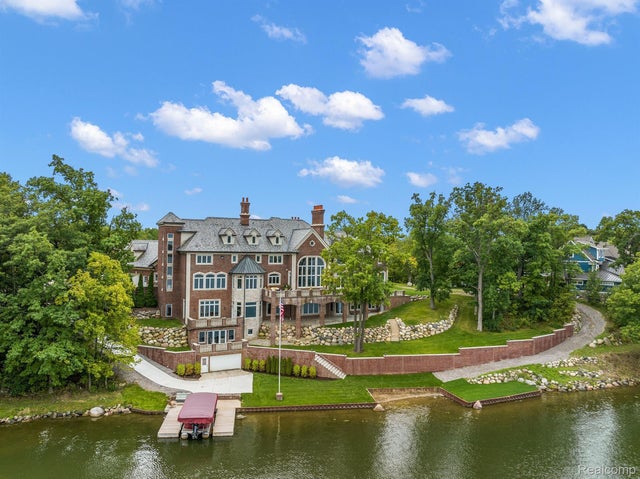
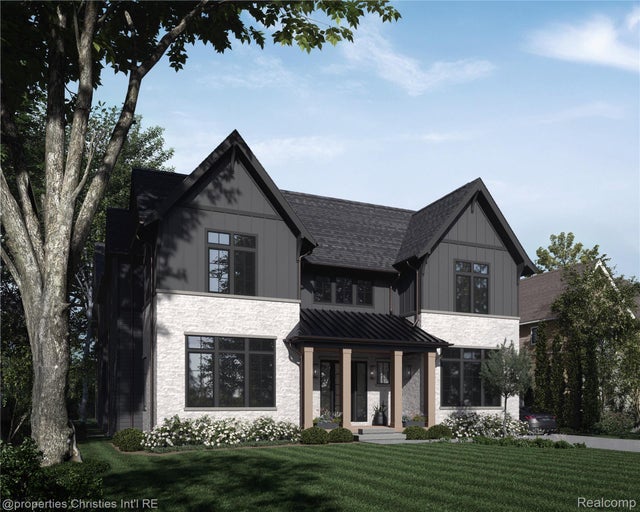
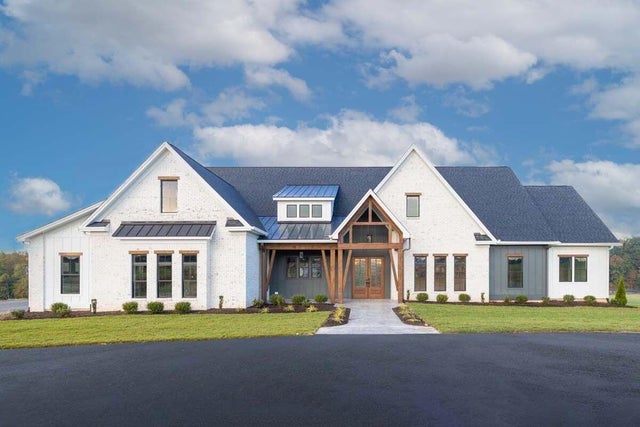
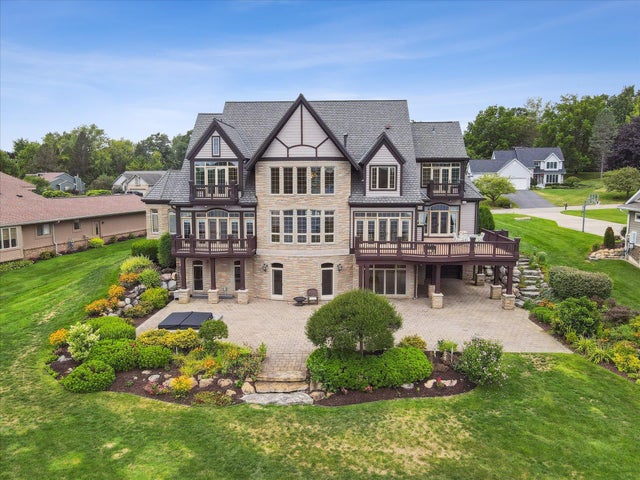
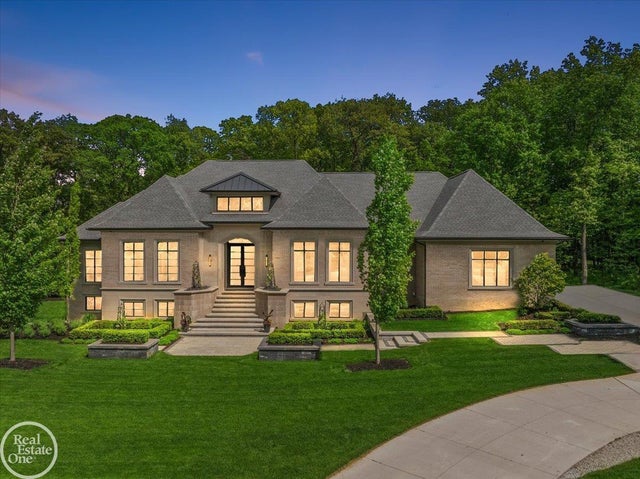
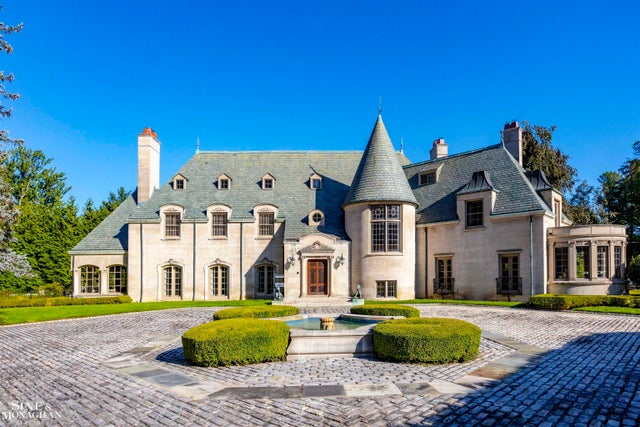
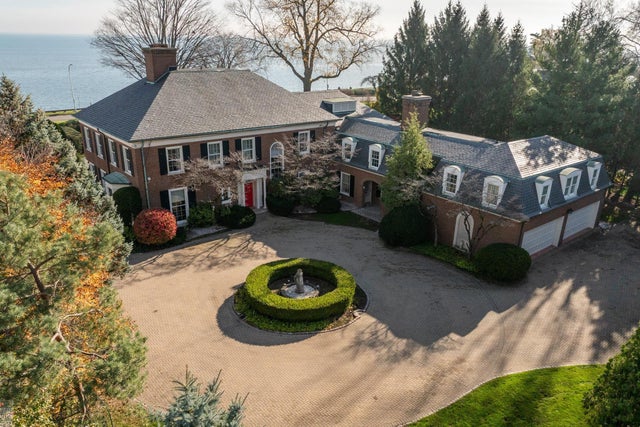
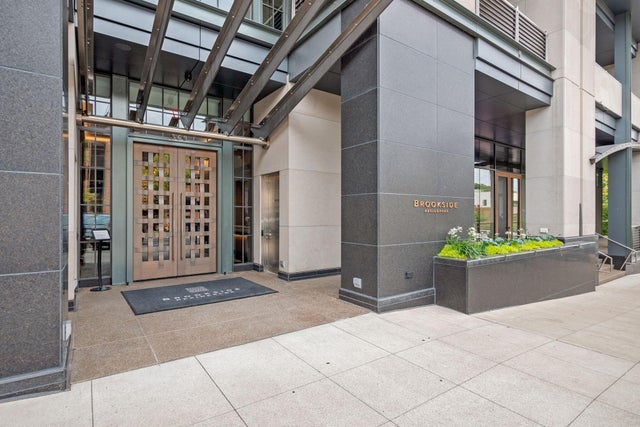
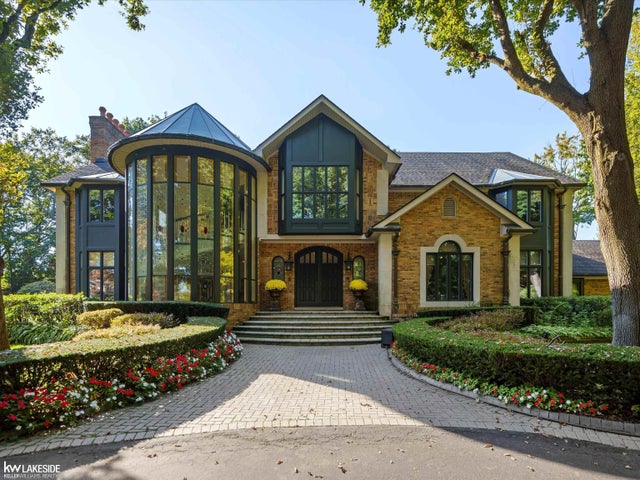
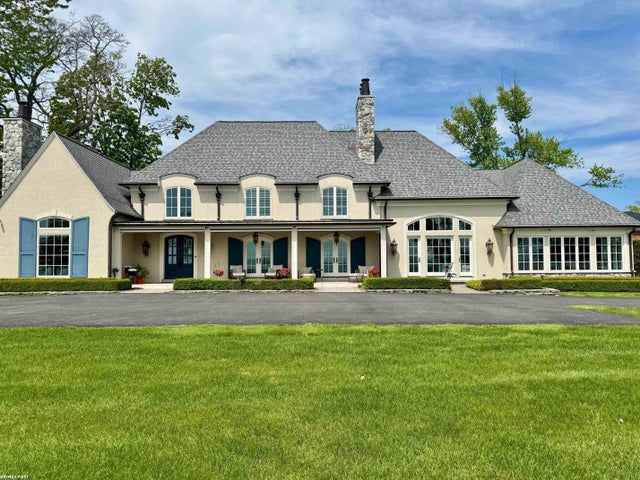
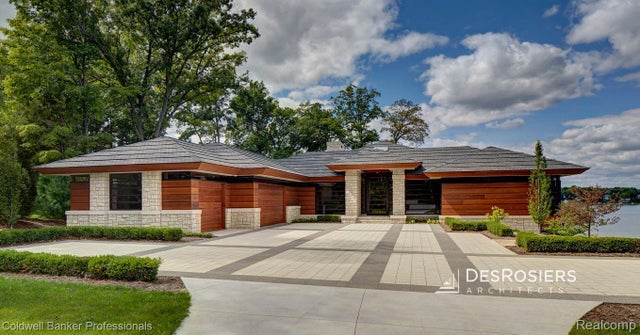
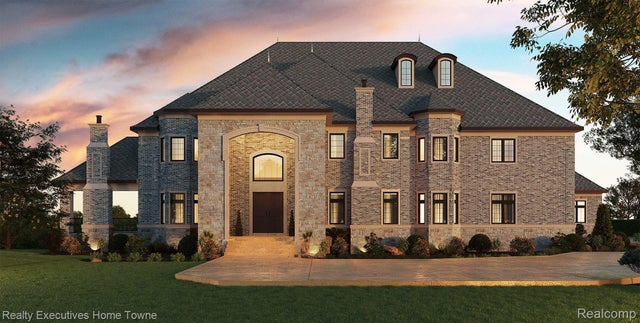
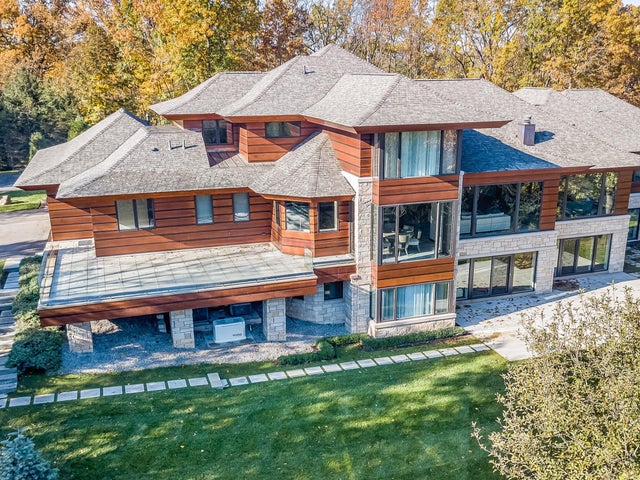
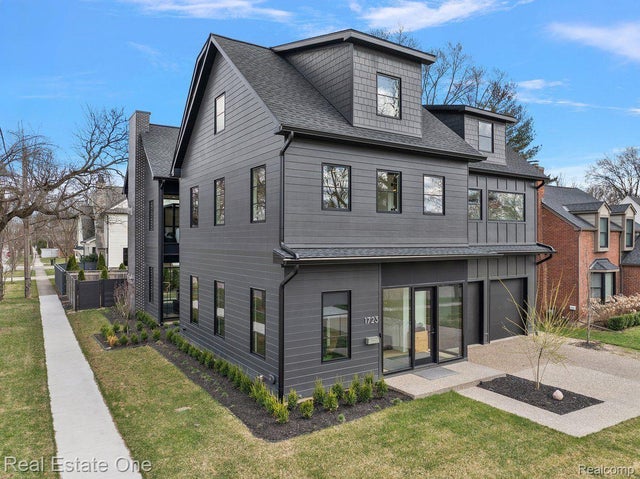
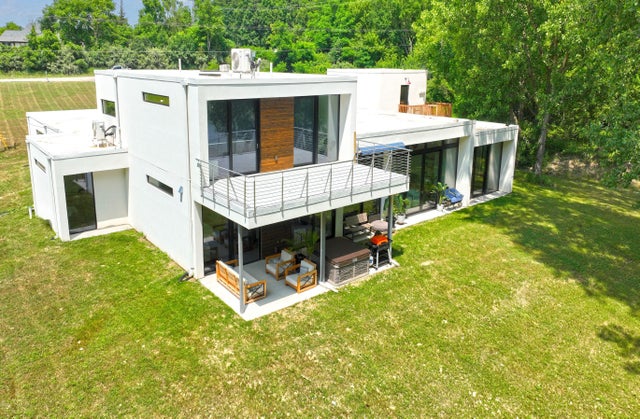

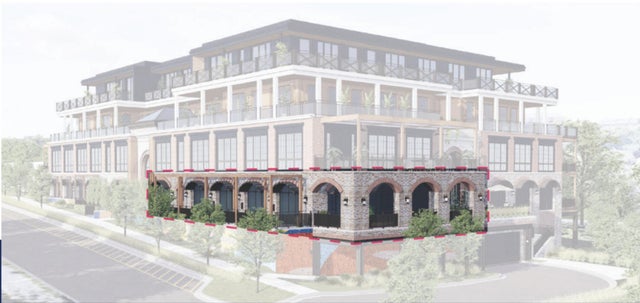
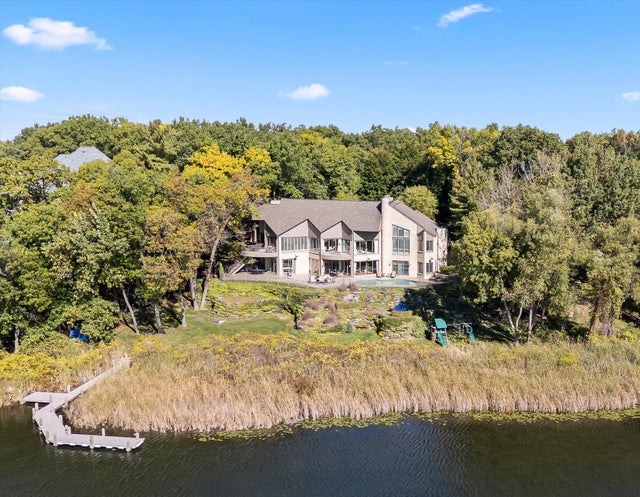
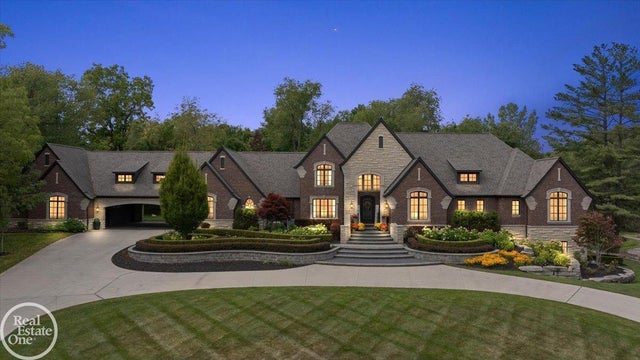
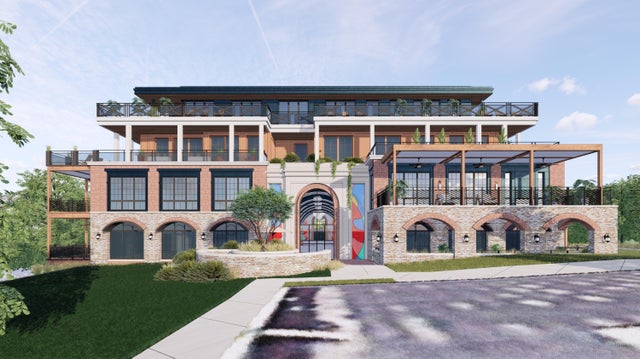
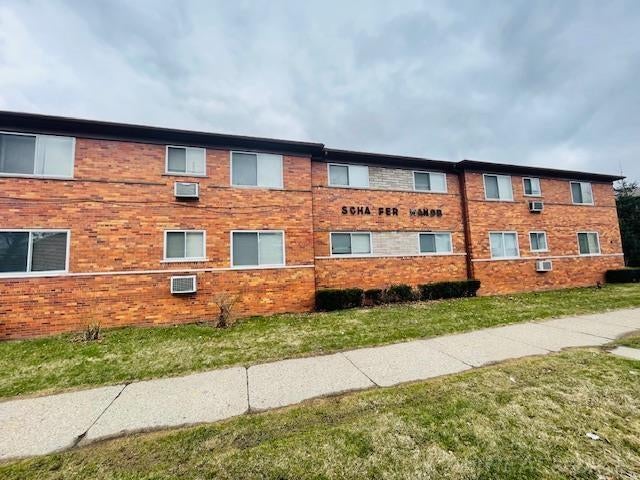
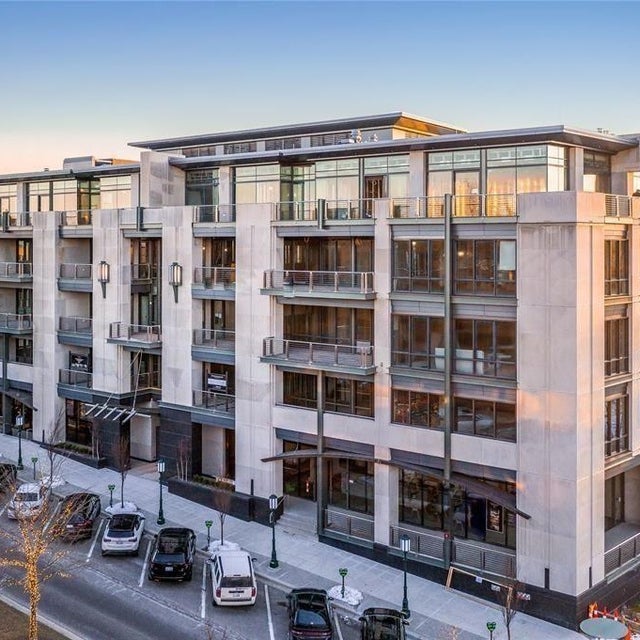
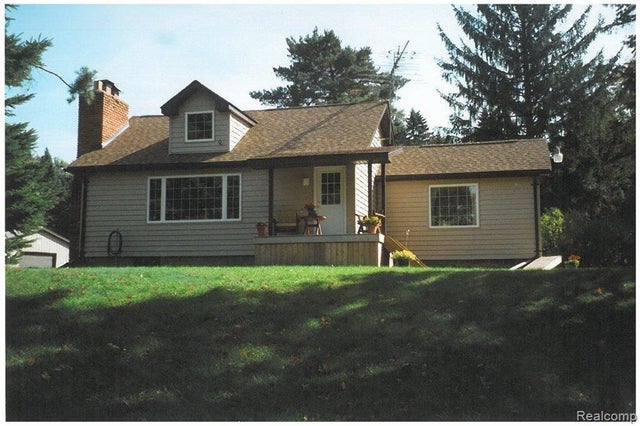
Leave A Comment